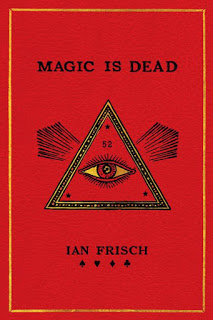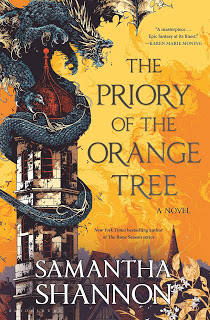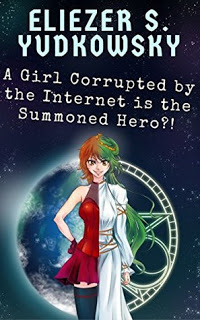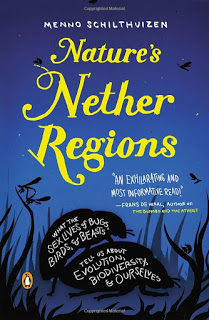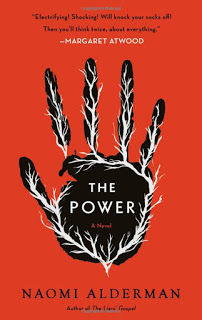Good Germs, Bad Germs: Health and Survival in a Bacterial World, by Jessica Snyder Sachs
 The book might put you off at the beginning, as it starts with a no bullshit nomenclature chapter. It basically says: "This is how I am going to call things in this book and if you don't like it, talk to people who actually care about semantics". The rest of the book continues with the same directness and I believe it is one of the works' best qualities.
The book might put you off at the beginning, as it starts with a no bullshit nomenclature chapter. It basically says: "This is how I am going to call things in this book and if you don't like it, talk to people who actually care about semantics". The rest of the book continues with the same directness and I believe it is one of the works' best qualities.Good Germs, Bad Germs starts like a few other books on the subject I've read recently, with a short history of how people have looked upon disease and its causes: Hippocrates' humors, the (all bad) germ theory, vaccines, antibiotics, the bad antibiotics and the good germs, modern understanding of immunity. And yet this is just the first half of the story. The rest is about new ideas, actual therapies and studies, real life cases and attempts to bring this new knowledge into the public domain.
I really liked the book. It's easy to read, easy to understand. Less of the story-like or anecdotal writing style of some other works and more to the point. I also liked that it doesn't take sides: one therapy has to go through wholly unreasonable FDA hoops to be allowed to even be tested in humans, the author points both positive and negative aspects of being prudent. Is it ridiculous that the lack of communication between American hospitals hides invisible epidemics that then get reported by Canada or Europe and end back into the States' headlines as foreign diseases? Jessica Snyder Sachs just reports on the facts, letting the reader draw their own conclusions.
Bottom line: I thought it would be just a repeat of the same information I've become familiar with lately, yet it was not only a different way of tackling the same subject, but also a lot more information about actual attempts to use it in real situations. I recommend it to anyone trying to understand how we stand in this coevolution with the microbes living inside and outside us.

